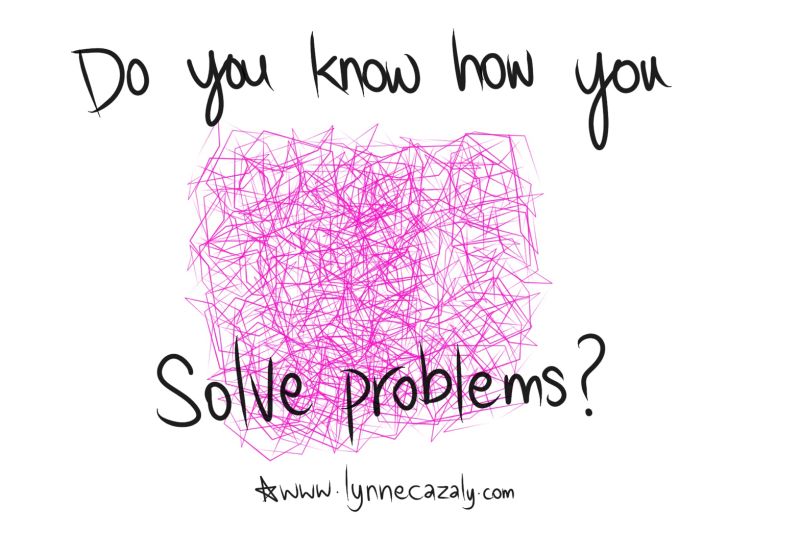I think I’ll share this article...
 Monday, December 2, 2024 at 5:45PM
Monday, December 2, 2024 at 5:45PM Yeah, I will.
First of all, it’s about something that I do regularly, a lot, which is talk to myself.
Secondly, I think it might help validate people who do this kind of thing too. You know, you’re normal after all!
And thirdly, it’s a truly practical tool, to talk to yourself to help you problem solve and coach yourself through processes or decisions.
So there - that’s 3 reasons why I think I’ll share it. Yep, it’s a win-win win, yes, that’s my kind of measuring stick of whether I’ll share something or not.
Hmmm talking out loud to myself, oh look, I’m doing it now 😂😂
It reminds me of how when I was visiting mum the other day, and we were out in her garden. She was giving some of her plants a bit of a motivational talk about how they were growing … or not. But maybe she was really talking to herself! Anyway then she started singing the lyrics from ‘Paint Your Wagon’ that’s 1960s song, “I talk to the trees, but they’re not listening to me“. 😂😂
We had a laugh about that one! Classic memory making right there.
Anyway, I’ll write this article up and then post it. Boom. Done.


















